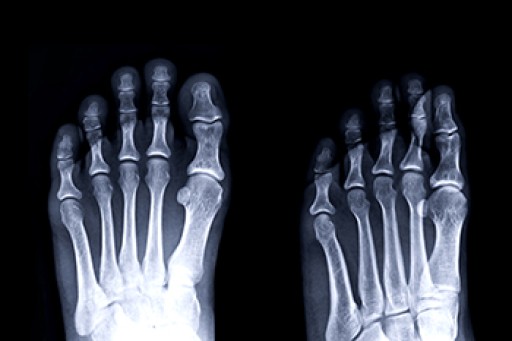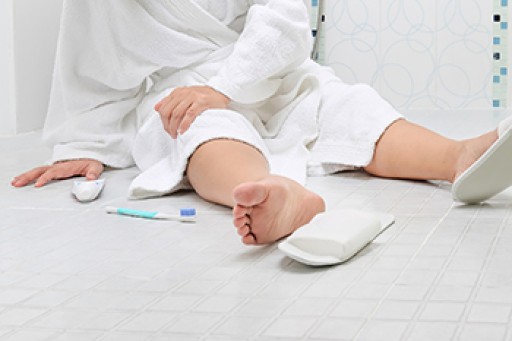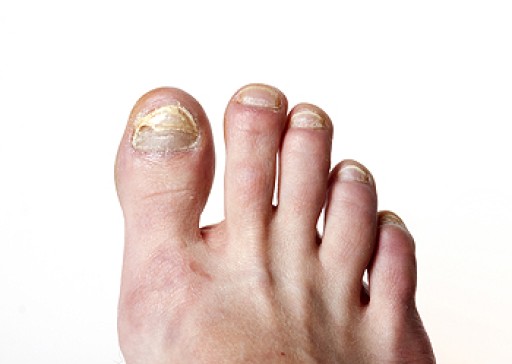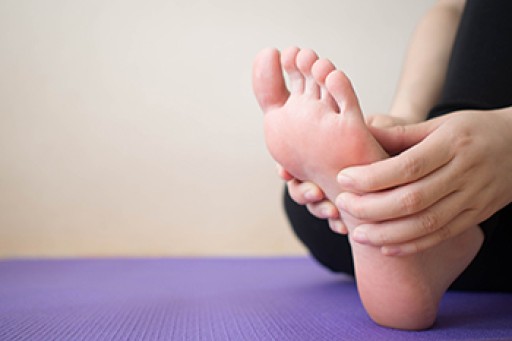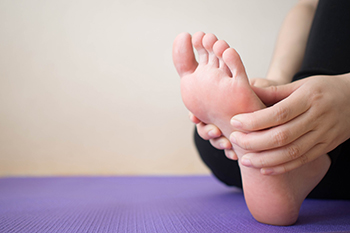
Stress fractures often occur in the feet, and can be caused by frequently participating in running and jumping activities. A stress fracture is considered to be a hairline fracture and can be uncomfortable. A patient who has a stress fracture will experience gradual pain, and many people will continue to pursue their chosen activity until walking becomes difficult. At this point, an X-ray or other imaging test can be performed to determine the severity of the stress fracture. Treatment can begin with temporarily stopping the activity and resting the foot as often as possible. Some people choose to wear a protective boot or walking cast, which can provide mobility and stability as the healing process occurs. Stress fractures can also occur from increasing speed and distance too quickly, or from wearing shoes that do not fit correctly. If you have foot pain, and think it may be from a stress fracture, it is suggested that you confer with a podiatrist who can effectively diagnose and treat this condition.
Activities where too much pressure is put on the feet can cause stress fractures. To learn more, contact one of our podiatrists from Foot Health Center of Merrimack Valley. Our doctors can provide the care you need to keep your pain free and on your feet.
Dealing with Stress Fractures of the Foot and Ankle
Stress fractures occur in the foot and ankle when muscles in these areas weaken from too much or too little use. The feet and ankles then lose support when walking or running from the impact of the ground. Since there is no protection, the bones receive the full impact of each step. Stress on the feet can cause cracks to form in the bones, thus creating stress fractures.
What Are Stress Fractures?
Stress fractures occur frequently in individuals whose daily activities cause great impact on the feet and ankles. Stress factors are most common among:
- Runners
- People affected with Osteoporosis
- Tennis or basketball players
- Gymnasts
- High impact workouts
Symptoms
Pain from the fractures occur in the area of the fractures and can be constant or intermittent. It will often cause sharp or dull pain with swelling and tenderness. Engaging in any kind of activity which involves high impact will aggravate pain.
If you have any questions please feel free to contact one of our offices located in North Andover, and Tewksbury, MA . We offer the newest diagnostic and treatment technologies for all your foot and ankle needs.

